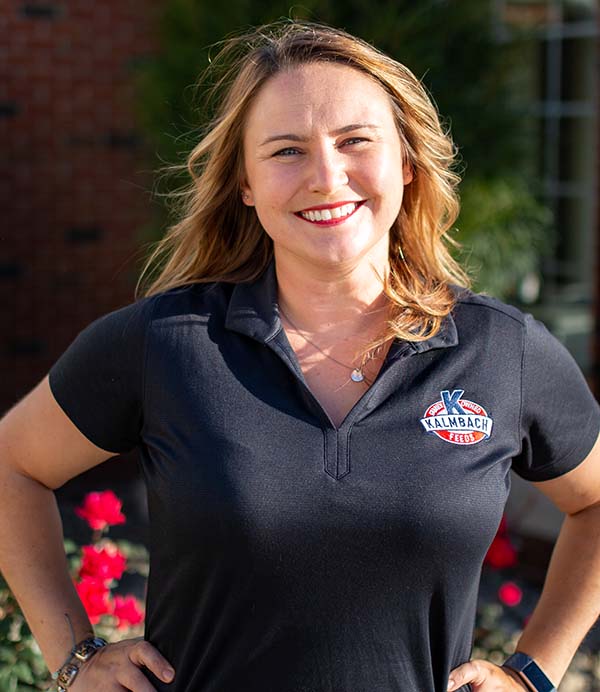Rabbit Nutrition: Feeding For Digestive Support

Rabbits fall into a group of animals known as “hind gut fermenters”. Mature rabbits have a developed cecum which further breaks down and utilizes food particles after they pass through the stomach and small intestines. The majority of nutrient absorption is accomplished in the cecum and large intestines. Rabbits, along with guinea pigs and other small rodents also produce caecotrophs. Caecotrophs are small, soft, nutrient packed fecal pellets that get ingested and passed back through the digestive tract for further nutrient absorption. This process is called caecotrophy. Caecotrophy allows the rabbit to re-process the proteins and vitamins that are synthesized in the cecum. Rabbit owners rarely see caecotrophs, as caecotrophy happens at night. Seeing caecotrophs during the day and observing a strong ammonia smell from your rabbit’s urine could be signs of inefficient feed digestibility.
Factors that Affect Your Rabbits Digestion
There are several factors that affect the digestibility of feedstuffs. Fiber type and particle size dictate how quickly food or forage will pass through the rabbit’s digestive tract. Smaller particles – like what are pressed into pellets – take longer to travel through the digestive tract than larger particles – like blades of grass or hay. Small particle size allows the fiber to be more efficiently digested and also allows for time to adequately absorb vitamins and minerals. Quality of feed ingredients is another important consideration. Not all nutrient sources are created equally. Some vitamins and minerals are more bioavailable than others, forage based fiber sources are easiest to digest, and some of the more processed ingredients out there contribute high quality proteins.
What Ingredients Should You Look for in Rabbit Food?
Animal nutrition is an ever-evolving field. It is easy to wander down a “rabbit hole” when searching for the latest and greatest feeding methods, ingredient technology and hutch management protocols. Often times, the sheer amount of information out there can be overwhelming. Here, we are going to go over some ingredients to look for when selecting your feed, what those ingredients do for your rabbits, and some general management guidelines that will give you the tools to keep your buns happy and healthy.
Beneficial Rabbit Food Ingredients:
Organic Trace Minerals
Organic trace minerals like selenium yeasts and trace minerals that are linked to hydroxychlorides, glycinates, proteinates, and sugar ligands, are significantly more bio-available than their oxide, sulfate or carbonate counterparts. This allows for higher levels of absorption, which in turn, protects against potential mineral deficiencies.
Yucca schidigera
When rabbits eat food that is high in protein, that protein is broken down into nitrogen and either utilized or excreted. Excess nitrogen gets passed in urine or feces and is then broken down further by bacteria to create ammonia. Environments with excess ammonia can cause a host of issues as a result of added stress and respiratory distress. Rabbits being fed high protein diets and alfalfa pellets/hay are most susceptible to higher levels of nitrogen excretion. Yucca schidigera extract helps reduce the release of ammonia, which helps create a safer environment for your rabbit.
Prebiotics
Prebiotics are specialized plant fibers that serve as food for the good bacteria in the digestive system. They can help maintain a healthy gut microflora, improve metabolic health, and even boost the immune system. The introduction of prebiotics to food also optimizes the use of probiotics in the diet. Prebiotics are commonly listed on feed labels as various types of oligosaccharides (example: Fosfructooligosaccharides).
Probiotics
Probiotics are types of “good bacteria” that can be added to feed and directly introduced to your rabbit’s digestive tract. These beneficial bacteria help to neutralize bad bacteria, control inflammation, promote digestion, and support overall digestive health. Probiotics are commonly listed on feed labels as specific bacterial strains, dried active yeast, or yeast cultures.
